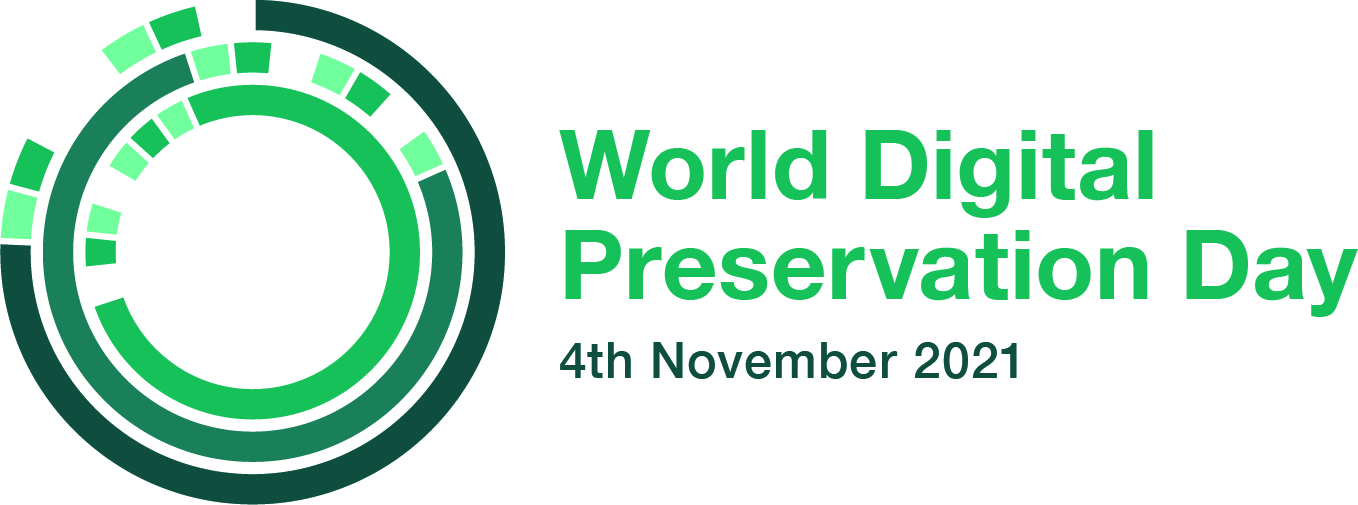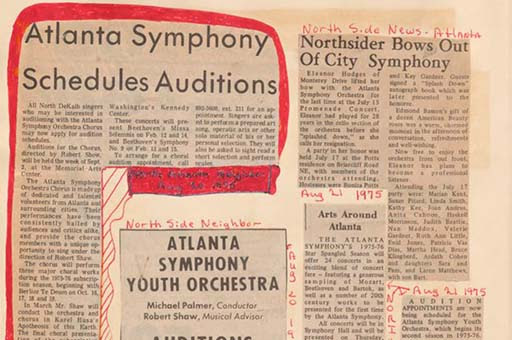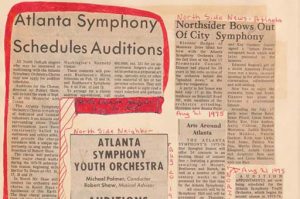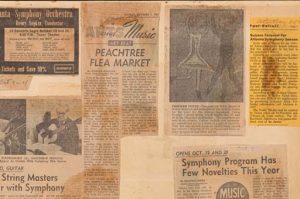Let’s recognize the role of #libraries and #librarians in preserving digital records today on #WDPD2021!
Are you a custodian of cultural heritage materials?
Have you made them available online?
Have you thoughtfully considered long-term preservation as well as access to your materials?
One of the main mottos of digital preservation is “Digitization is NOT Digital Preservation.”
That is to say, the digitization and hosting of your items online are great for access, but this is still not preservation.
Noted digital preservationist, writer, and historian Abby Smith Rumsey emphasizes:
“Just as environments benefit from biodiversity, most especially during periods of rapid ecological change, so too does culture. The more voices we capture and transmit into the future, the larger our collective memory bank grows and the larger the mental toolkit vital to our destiny as problem-solvers.”
We completely understand that most folks don’t have the bandwidth to thoughtfully consider long-term preservation as well as access–but please remember there are people and resources that you can call upon to ensure your digital content is preserved.
World Digital Preservation Day is our opportunity to remind you that digital preservation professionals can teach you:
-
- some of the easiest ways for people to get started with digital preservation at their institutions or with their personal materials.
- what people should preserve first.
- what happens when people don’t put together a plan to preserve their digital content.
- Contact us if you have questions.
RESOURCES
- For non-digital preservationists:
- Visit the World Digital Preservation Day website
- Read the series of “Discover Good Practice Technology Watch Publications”, prepared and organized by the Digital Preservation Coalition, and designed for non-digital preservationists!
- Take a look at Amy Rudersdorf’s article on “The benefits and drawbacks of DIY digital preservation”
- There is also helpful information in the American Library Association (ALA)’s LibGuides on digital preservation.
- For professionals (librarians, archivists, curators) wanting to dig deeper:
-
- Take a look at the Library of Congress’ Recommended Formats Statement for 2021-2022 to just get a taste of some best practices.
- Browse through NDSA and DLF’s Digital Preservation Glossary.
- Read more about The Digital Preservation Coalition
- Look at the Digital Preservation Handbook, a great place to start for getting started with digital preservation
- Nominate at-risk digital materials at The Bit List of Digitally Endangered Species
- Consult the Executive Guide on Digital Preservation, to help talk to others in your organization about digital preservation
- Find helpful online modules on how to train your staff on digital preservation
- Find timely information on how to manage digital preservation during the pandemic from Exact Editions, and an article on the University of Michigan’s Digital Preservation Baseline document by Lance Thomas Stuchell.
- Check out Digital Preservation: Tools and Strategies on GitHub
- DLG resources on digital preservation
-
- The DLG has several archived presentation webinars available for you to see ways digital preservation has been approached in Georgia and other Southern states:
- Digital Preservation for Libraries: What It Is, Why You Need It, and How You Can Get Started, Mary Willoughby (Digital Library of Georgia), GPLS Tech Bootcamp 2019
- Preservation in a Digital World, Ashley Shull (Athens-Clarke County Public Library), Brandon Pieczko (University of Georgia), Mary Willoughby (Digital Library of Georgia), GALILEO Annual Conference 2019
- What’s in Your Bag? Practical tools and strategies for scalable digital preservation, Society of Georgia Archivists Annual Meeting 2018
- An Introduction to Digital Preservation, Elizabeth La Beaud (Mississippi Digital Library), 2019
- The DLG also offers a slate of digital preservation services that you should feel free to contact us about.
- The DLG has several archived presentation webinars available for you to see ways digital preservation has been approached in Georgia and other Southern states:
- On social media:
- Follow #WDPD2021 today, and @CLIRnews, @dpc_chat, @ICArchive, @matthewpburgess, @NDSA2, @CLIRDLF, @digipreserve, and @Sarah_DPC beyond to keep up with what some of our leading digital preservationists have to say!
Articles Cited:
Rumsey, Abby Smith. “How to Preserve Cultural Memory in the Digital Age.”HuffPost, December 7, 2017. https://www.huffpost.com/entry/culture-memory-digital_b_10357622 [accessed October 6, 2021]





